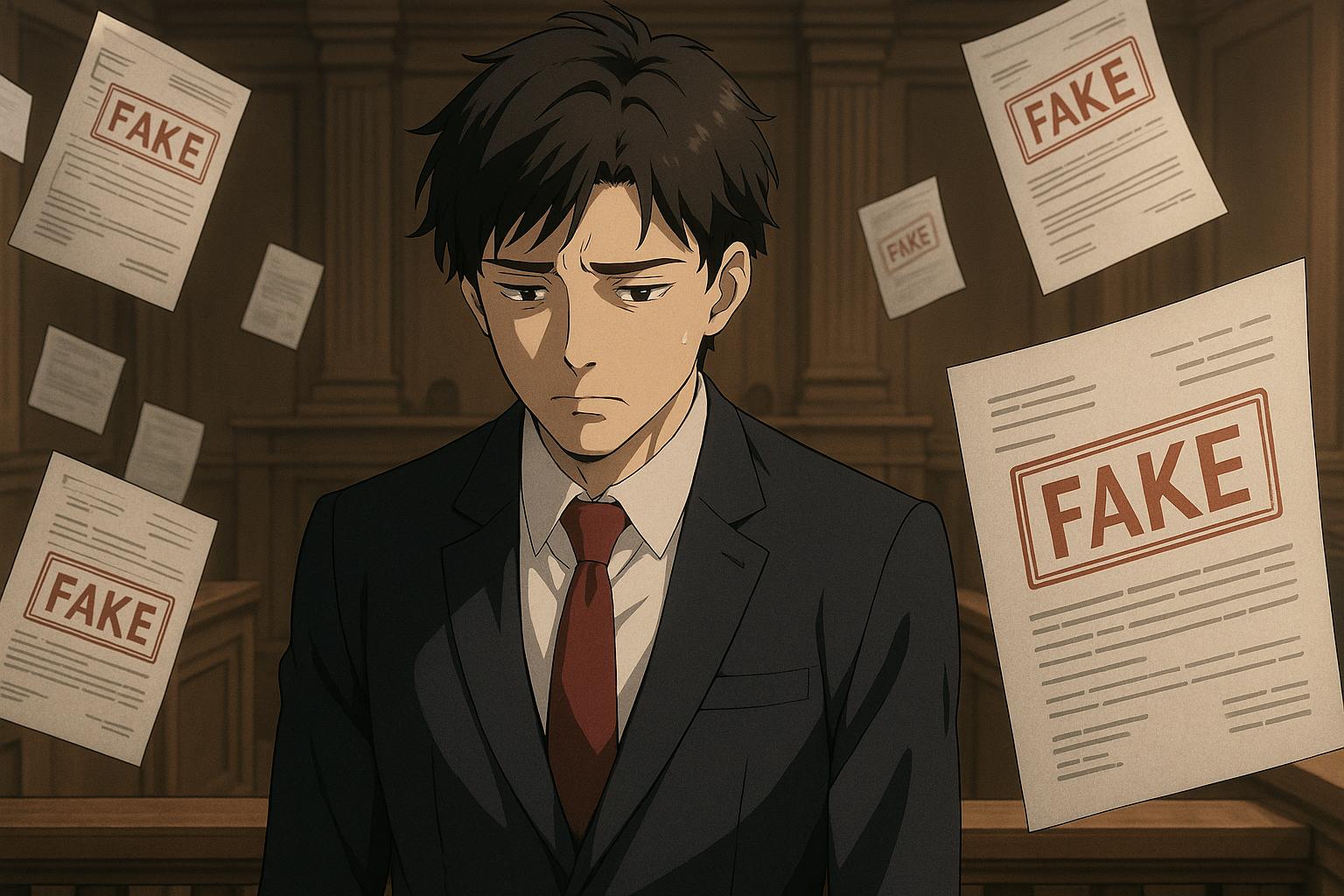A recent hearing at the High Court has spotlighted significant lapses in professional responsibility among solicitors, particularly concerning the reliance on dubious information provided by clients. In one case, Abid Hussain, a solicitor from Manchester-based Primus Solicitors, expressed his horror and deep regret over citing 49 non-existent legal authorities presented by a lay client. This incident has raised serious questions about the individual solicitor's due diligence and the broader implications for the legal profession.
During the proceedings, judges Dame Victoria Sharp and Mr Justice Johnson considered the potential initiation of contempt of court proceedings against the solicitors involved. Hussain's case centred around an application related to the Quatar National Bank, where his client's “research” was pivotal to their attempt to set aside a court order. Notably, the magnitude of the false citations, initially thought to be corroborated, became evident when the presiding judge recognised one of the referenced cases as being adjudicated by her own court.
The defence lawyer for Hussain maintained that the solicitor had no intention to mislead, arguing that there was no recklessness involved in the process of submitting the evidence. However, the court highlighted the ethical obligation of solicitors to ensure that all materials presented are authentic, expressing concern over the extent of reliance placed on a lay person's research. The legal principle cited in the case, stemming from a previous ruling by Mrs Justice Whipple, emphasises that solicitors must ‘consciously consider’ the truthfulness of the information they rely upon. Hussain’s case is particularly alarming as it brings to light the risk for solicitors who underestimate the importance of vetting their clients’ claims thoroughly.
The implications of this case echo broader issues in the legal field. Richard Rooney, another solicitor, recently faced a similar situation when a High Court judge ruled he had made a false declaration regarding the compliance of three witness statements with pertinent practice directions. Rooney had signed a compliance certificate based on assurances from a litigator, yet the court found the statements inadequate, resulting in the dismissal of an £8 million claim. This sequence of events underscores the serious ramifications of complacency and a lack of scrutiny in legal documentation.
The courts are increasingly watching for compliance with professional standards, reflecting a growing intolerance for negligence that could undermine the integrity of the legal system. In Hussain’s case, despite his admission of error and a self-reported breach to the Solicitors Regulation Authority, there are questions regarding the future repercussions he and his firm may face.
As the legal community observes these developments, it is clear that a rigorous adherence to standards of practice is more critical than ever. The accepted norms dictate that solicitors are to exercise caution and diligence, ensuring that no reliance is placed on assertions from non-legal professionals, lest they face the grave consequences that could arise from professional misconduct. The proceedings reflect a call to action within the profession to safeguard against the perils of laxity—both from clients and within legal practices themselves.
The judgment in Hussain’s case has been reserved, but as discussions surrounding professional conduct and accountability continue, it serves as a stark reminder of the pivotal role that integrity plays in the legal profession.
Reference Map:
Source: Noah Wire Services
